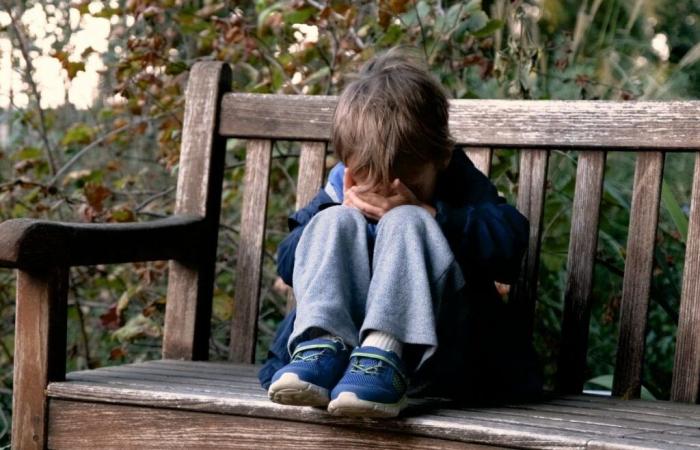
On November 19, Unicef presented the results of a vast consultation carried out among 20,000 young people in France, aged 6 to 18. This report highlights glaring inequalities and violence that is still too present. The organization calls for urgent action to guarantee the fundamental rights of children.
Food insecurity that affects thousands of children
According to Unicef, 22.8% of children surveyed say they do not eat three meals a day, a deprivation which reflects a deterioration in the living environment for families in difficulty. Even more alarming: 11% of them eat fruits and vegetables once a week or less.
This lack of access to a balanced diet not only affects their physical health, but also their cognitive development. Unicef emphasizes that these material deprivations, often cumulative, generate a deep feeling of exclusion among these young people.
Read also >> Unicef says that 244 million children are out of school around the world
A daily life marked by isolation and violence
In addition to material deprivation, verbal and physical violence stand out as another damning observation. According to the study, 31.3% of the children surveyed have already been victims of insults or hurtful teasing, and 30% have suffered physical violence from other children.
Adults are not left out: 13.1% of young people say they have been victims of physical violence at the hands of adults. These attacks, combined with deprivation, accentuate the risks of depression and loneliness among young people.
Increasing psychological distress
Among adolescents over 13 years old surveyed, 30.6% said they had already thought about suicide. A chilling figure which highlights the extent of invisible suffering. In addition, 6.2% of young people report having experienced non-consensual sexual intercourse, highlighting an urgent need to strengthen child protection.
Unicef also highlights a deficit in socialization: 7.3% of children say they never spend time with their friends outside of school. Social isolation which can weaken their long-term psychological well-being.
Unicef's urgent appeal
Faced with these alarming figures, UNICEF calls on the government to act immediately. The organization advocates for targeted and adapted public policies, based on reliable data, in order to guarantee each child a safe and fulfilling environment.
To strengthen this commitment, Unicef announced the creation of a child rights observatory, a digital platform dedicated to the collection and analysis of statistics to better guide social policies.
In the immediate future, anonymous helplines such as 3114 or 0 800 235 236 remain available to young people in distress, 7 days a week.





